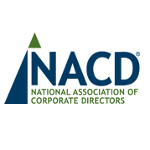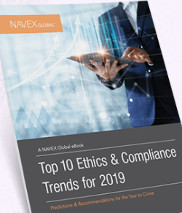Ruling Allows Sandy Hook Case to Go Forward: A Path Around Federal Protection for Gun Makers?

Image by Mitch Barrie
The Connecticut Supreme Court Thursday narrowly reversed a ruling by a lower court judge dismissing a lawsuit by the families of victims of the Sandy Hook shooting against Remington Arms Company, allowing the case to proceed, reports the Hartford Courant.
The decision that remanded the landmark gun case back to Bridgeport Superior Court possibly created a path that other mass shooting victims can follow to get around the federal Protection of Lawful Commerce in Arms Act, known as PLCAA, which has protected the manufacturers of the AR-15 assault rifle from lawsuits, writes the Courtan‘s Dave Altimari.
He explains:
The ruling paves the way for the families to subpoena internal documents on how the gun companies have marketed the AR-15, which has become the weapon of choice for mass shooters. The gun manufacturers have closely guarded information on how they market the assault weapons.


